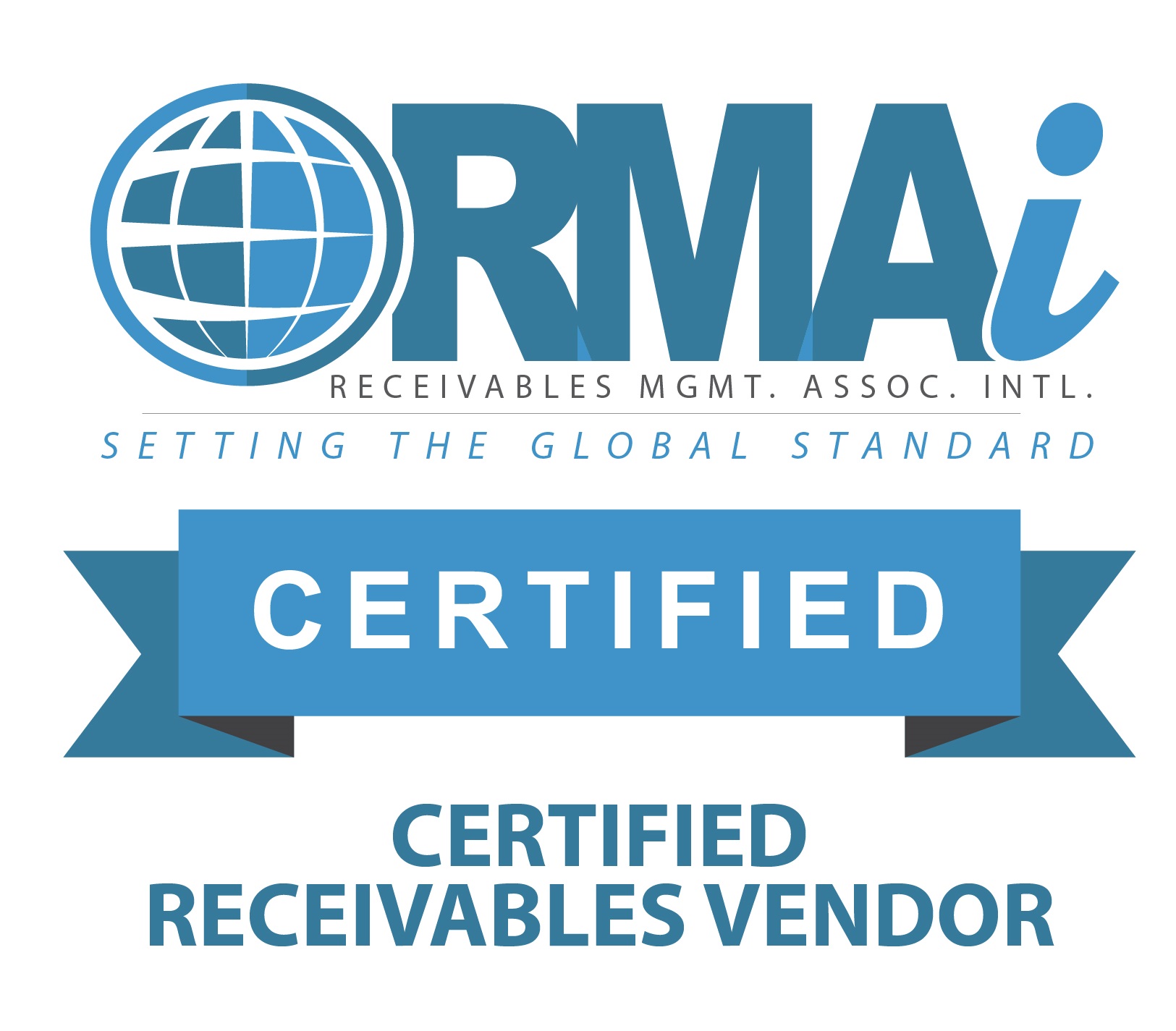View Sale Announcement Detail


Archived news
Excerpt: New rent regulations in New York are negatively affecting community banks, prompting lenders to revisit their loan portfolios to ensure they're well-balanced.
 Community banks with a large proportion of real estate assets as they pertain to rentals should assess how they can diversify their loan portfolios to minimize risk.
Community banks with a large proportion of real estate assets as they pertain to rentals should assess how they can diversify their loan portfolios to minimize risk.
Community banks will want to revisit their loan portfolios and reassess their holdings of multifamily real estate loan assets as they relate to rented properties, thanks to recent changes to rent regulations in New York.
NY Governor Andrew Cuomo recently signed a new law that would revamp current rent regulations across the state. Such regulations are much more stringent since the signing, which is likely to hurt landlords where they feel it most — in the pocketbook.
But landlords aren't the only ones who will bear the brunt of much more stringent rent regulations. Lenders with these types of assets on the books will feel it, too. And the heavier the proportion of these assets exists on loan portfolios, the worse the effect will be.
As news breaks out regarding the squeeze on apartment-rent regulations, more and more stock investors are revisiting their portfolios and emptying them of shares in community banks that have a large stake in real estate lending.
Such a response from investors is already showing, with the likes of New York Community Bancorp Inc. and Signature Bank experiencing a plummet in share prices, which were already on the decline back when there was merely some concern over the new law.
 Rent reform in New York is hitting community bank stocks hard.
Rent reform in New York is hitting community bank stocks hard.
New York metropolitan area multi-family loans make up 74 percent and 42 percent of New York Community Bank and Signature Bank's loans, respectively.
The changes to rent regulations will make it more challenging for property owners to increase rent. For instance, caps for rent increases for capital improvements dropped by 4 percent down to 2 percent, and units can't be deregulated anymore once the rent increases to a certain point.
Not only will property owners stand to lose money in rent, but they'll also potentially lose out in terms of property value, since the ability to increase rents largely determine these values.
Again, this issue will also affect the lenders who deal with these property owners. With property values potentially taking a huge hit, lenders could inadvertently also be at risk. Further, investment in multi-family properties could slow down and be less attractive as a result, which can slow the growth of revenues among community banks with fewer financing opportunities.
Though community banks can mitigate against risk through prudent underwriting practices, it remains to be seen how significantly such regulation changes in rent will impact financial institutions that hold a large proportion of these types of loan assets.
In any case, it makes sense for banks and lenders to make sure their loan portfolios are highly diversified without placing all their eggs in one basket. With diversification, banks can shield themselves against being overexposed in any one area and suffering significant consequences if that one particular area is hit hard.
At Garnet Capital, we can help shuffle things around with your loan portfolio by selling off risky assets and acquiring higher-performing ones in various industries to ensure a well-balanced, diversified portfolio that can effectively hedge against risk.
Sign up for our newsletter today to learn more.







